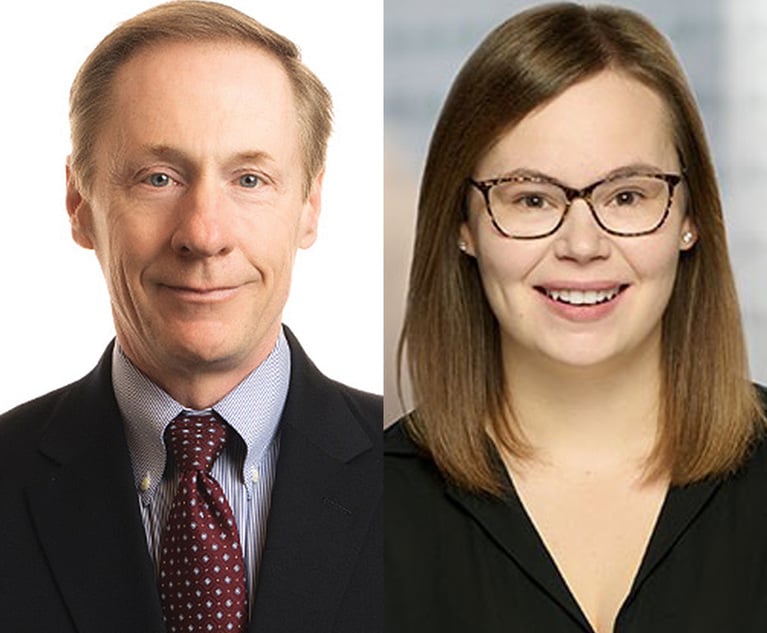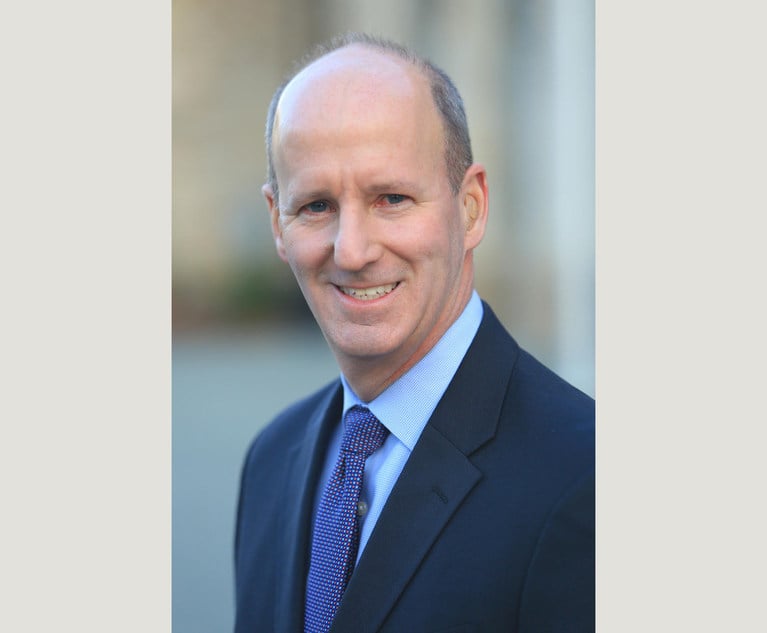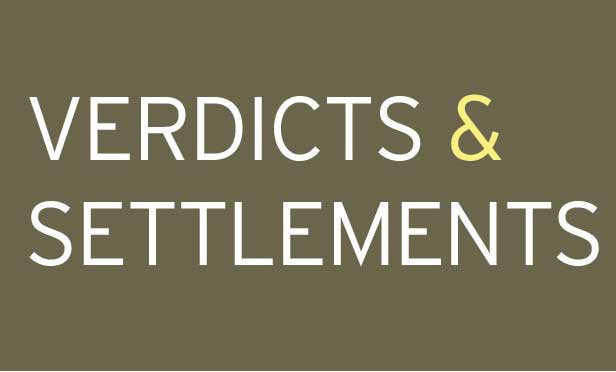In a recent decision, the U.S. Supreme Court addressed the appropriate remedy for the prior discriminatory application of U.S. Trustee quarterly fees in Chapter 11 cases. See Office of the United States Trustee v. John Q. Hammons Fall 2006, 144 S. Ct. 1588 (2024). In its ruling, the court held that the government was not required to refund millions of dollars paid by a Chapter 11 debtor pursuant to an unconstitutional fee scheme between the judicial districts. Citing congressional intent, the court determined that “prospective relief” was the only remedy necessary to resolve the “short lived” and “small” constitutional violation found in Siegel. See Siegel v. Fitzgerald, 596 U.S. 464 (2022).
The Constitutional Violation in ‘Siegel’
In most judicial districts, Chapter 11 bankruptcy cases are administered through the U.S. Trustee program, a program within the Department of Justice. Created by Congress, the U.S. Trustee program was designed to be self-funded by fees paid by debtors so that the taxpayers are not burdened. In the remaining jurisdictions, Chapter 11 bankruptcy cases are administered through the bankruptcy administrator program, which is run by the Administrative Office of the U.S. Courts. This program is largely funded by Congress through its general appropriation powers and is supplemented by debtor fees.


 Francis Lawall ,left, and Tori Lynn Remington ,right, of Troutman Pepper Hamilton Sanders. Courtesy photos
Francis Lawall ,left, and Tori Lynn Remington ,right, of Troutman Pepper Hamilton Sanders. Courtesy photos




